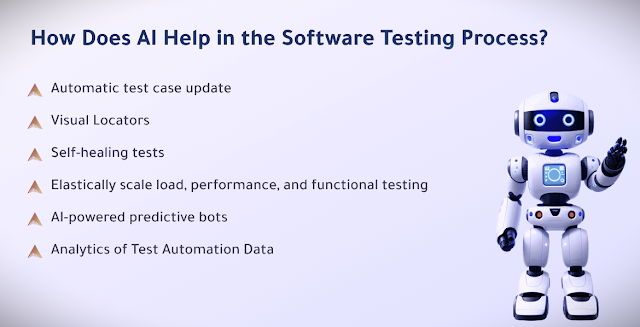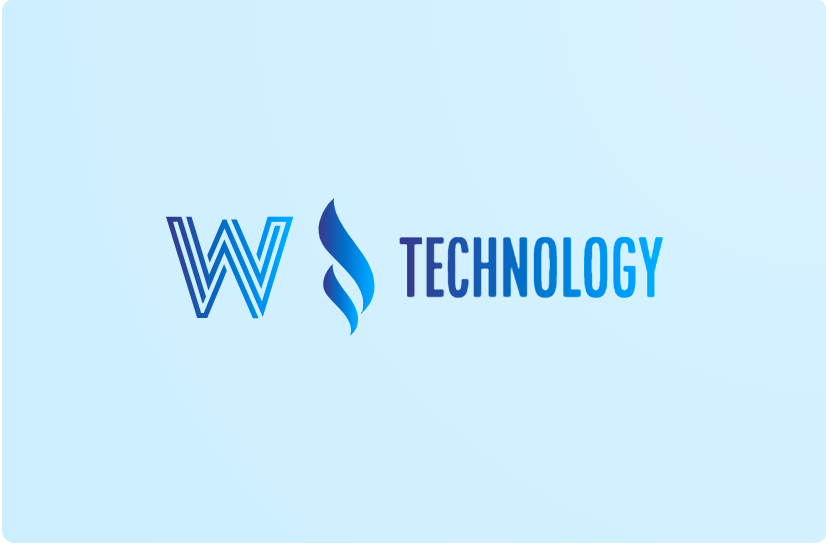How AI is Impacting the Software Testing World
In the rapidly evolving tech landscape, Artificial Intelligence (AI) is reshaping various industries, and software testing is no exception. The infusion of AI into software testing processes has introduced new levels of efficiency, accuracy, and speed, fundamentally transforming how software products are tested and delivered. Here I will explain the various aspects of AI in software testing and highlights some of the best AI-based testing tools available in the market.The Role of AI in Software Testing
1. Test Case Generation
AI algorithms can automatically generate test cases based on application requirements and user stories. This process significantly reduces the time and effort traditionally spent on manual test case creation. Machine Learning (ML) models analyze existing test cases and application logs to predict and generate new, relevant test scenarios.My Recommended Chrome Extension to generate the best scenario and test cases in one click is "TestCraft". It also provide you positive and negative test cases along with script in 3 languages for automation.
2. Test Automation
AI enhances test automation by optimizing the execution of test cases. Traditional test automation requires significant manual intervention to script and maintain test cases. AI-driven automation tools can learn from previous test executions and dynamically adjust test scripts, reducing maintenance overhead and improving test coverage.
3. Test Execution
AI can intelligently prioritize and execute test cases based on factors such as risk, code changes, and historical data. This ensures that critical paths are tested first, accelerating the identification of defects in crucial areas of the application.
4. Defect Prediction and Prevention
AI algorithms can predict potential defects by analyzing historical bug data, code changes, and development patterns. This predictive capability allows developers and testers to address potential issues before they manifest, improving overall software quality.
5. Visual Testing
AI-powered visual testing tools can compare the visual elements of an application across different versions or environments. These tools use image recognition and machine learning to detect visual anomalies that may not be caught by traditional functional testing methods.
6. Natural Language Processing (NLP)
NLP techniques enable AI tools to understand and process human language, which can be used to analyze and generate test cases from requirements documents. This helps bridge the gap between business requirements and technical implementation, ensuring better alignment and fewer discrepancies.
7. Performance Testing
AI enhances performance testing by simulating realistic user behavior and identifying performance bottlenecks under various conditions. AI models can predict system performance and scalability issues, providing insights to optimize application performance before it goes live.
8. Continuous Testing
In DevOps and Continuous Integration/Continuous Deployment (CI/CD) pipelines, AI supports continuous testing by automating repetitive tasks, providing real-time feedback, and ensuring that every code change is thoroughly tested without human intervention.
Best AI-Based Testing Tools
1. TestSigma ⬈
Testsigma is a cloud-based AI-driven test automation platform that supports web, mobile, and API testing. Testsigma uses AI to automatically generate, and update test cases based on application changes. It also provides natural language processing capabilities to create test scripts in plain English, making it accessible to non-technical users. Its AI-driven analytics help identify patterns and provide actionable insights to improve the overall quality of the software.
2. Testim ⬈
Testim leverages machine learning to create, execute, and maintain automated tests. Its self-healing capabilities adjust test cases in real-time, ensuring they remain robust against changes in the application.
3. Applitools ⬈
Applitools focuses on visual testing, using AI to perform visual regression testing across different browsers and devices. Its Eyes product uses sophisticated algorithms to detect visual differences and anomalies.
4. Functionize ⬈
Functionize uses AI and ML to automate the creation and maintenance of test cases. Its intelligent automation platform can adapt to changes in the application, reducing the need for manual intervention.
5. Mabl ⬈
Mabl combines AI with DevOps practices to provide a comprehensive testing solution. It uses machine learning to create and execute tests, monitor application health, and identify issues throughout the development lifecycle.6. Aqua ALM ⬈
Aqua ALM leverages its natural language processing capabilities to perform tests. It is one of the AI-driven test automation tools with multi-lingual testing capabilities. This web-based platform offers high flexibility, full visibility, and easy-to-use tools, allowing developers to speed up their test time and execute more tests. Designed as a test management system for busy companies, Aqua ALM is particularly suited for large technology enterprises.
7. Katalon Studio ⬈
Katalon Studio is an AI-augmented test automation solution that supports web, API, mobile, and desktop applications. Katalon uses AI to enhance its test authoring and execution capabilities. With built-in AI algorithms, it can automatically create and maintain test scripts, reducing the time and effort required for test automation
Conclusion
The integration of AI into software testing is revolutionizing the industry by enhancing efficiency, accuracy, and scalability. AI-driven tools and techniques are not only accelerating the testing process but also improving the quality and reliability of software products. As AI technology continues to advance, we can expect even more innovative solutions to emerge, further transforming the software testing landscape.
Embracing AI in software testing is no longer a luxury but a necessity for organizations aiming to deliver high-quality software at speed. By leveraging AI-based tools like Testim, Applitools, Functionize, Mabl, and Eggplant AI, businesses can stay ahead in the competitive market, ensuring their applications meet the highest standards of quality and performance.



















0 Comments